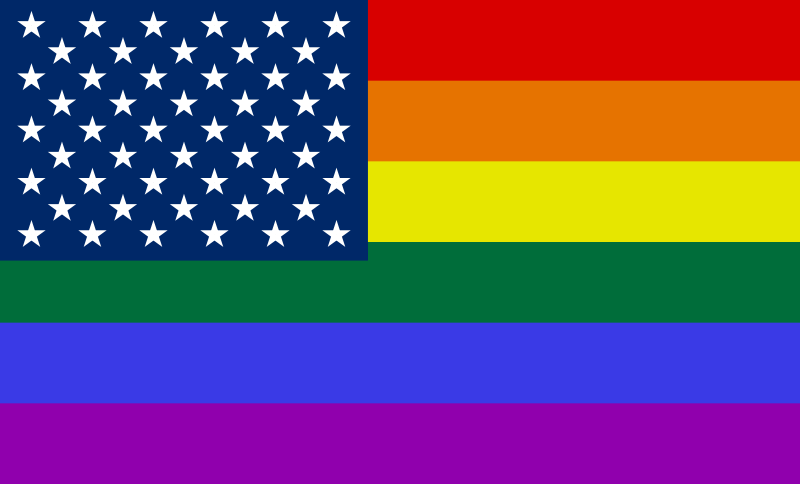Supreme Court Extends Title VII Protection to LGBTQ Workers
December 4th, 2020

In a recent landmark decision earlier this year, the United States Supreme Court held that Title VII of the 1964 Civil Rights Act protects LGBTQ workers from on-the-job discrimination based on gender identity and sexual orientation. The decision was the result of a 6-3 majority that saw Justices Gorsuch and Roberts, who are traditionally viewed as conservatives, join the four liberal Justices, which at that time still included the late Justice Ruth Bader Ginsburg. Perhaps even more surprisingly, the majority opinion was authored by Justice Gorsuch. This decision, the Trump-appointed Justice Gorsuch wrote, marked a substantial advancement in the rights of LGBTQ individuals.
How the Case Arose
The case marked the culmination of three adverse employment decisions against LGBTQ workers. Two of these cases involved workers who experienced sexual orientation-based discrimination and one involved a worker who experienced gender identity-based discrimination. In one of the sexual orientation cases, a Georgia child welfare coordinator was terminated from his position after joining a gay softball league. In the other, a skydiving instructor was fired for being gay. In the gender identity-based case, a funeral director was fired after informing her employer that she was transgender and planned on returning from vacation as a woman. Each of these cases questioned Title VII, which prohibits employment based on race, religion, sex, national origin, and color.
The Majority Decision in Favor of LGBTQ Workers
Gorsuch’s majority decision was based on the perspective that discriminating against a person for being gay or transgender necessarily constitutes discrimination based on “sex.” The opinion also noted that while Congress in 1964 likely did not consider LGBTQ workers when creating the law, the words of the statute are still “clear” and support such an interpretation. In Gorsuch’s words: “An employer who fires an individual for being homosexual or transgender fires that person for traits or actions it would not have questioned in members of a different sex. Sex plays a necessary and undisguisable role in the decision, exactly what Title VII forbids.”
The Dissent
There were two dissents in the case, one authored by Justice Alito and one by Justice Kavanaugh. Both dissents argued that the majority was functioning in a role that had been reserved for Congress rather than the judicial branch of the government.
The Impact of the Decision
The ruling comes at a time when almost half of the states in the country lack any type of protection for LGBTQ workers. The decision will also likely have an impact on a recent decision by the Trump Administration that protections under the Affordable Care Act do not extend to LGBTQ individuals. Indeed, the Trump Administration sided with the employers in this case.
Some experts, however, have said that the ruling will ultimately mean little real change. LGBTQ advocates and organizations acknowledge that there will still be challenges in the future. Fran Swanson at the Harvard Civil Rights – Civil Liberties Law Review has noted the limitations of the decision, since the Court did not address whether religious groups and private entities might use religious exemptions in order to circumvent Title VII. The upcoming case of Fulton v. City of Philadelphia will further test whether religious freedom arguments trump non-discrimination protections.
Tracking Noteworthy LGBTQ Cases
This decision comes after the 2010s, which saw both advancements for LGBTQ rights in the form of the Obergefell decision as well as decisions that limited LGBTQ rights like Masterpiece Cakeshop. Each month the Universal Life Church focuses on documenting the most noteworthy cases concerning the LGBTQ community. We strive to do so in a way that fairly examines both sides and which can easily be understood by readers.


